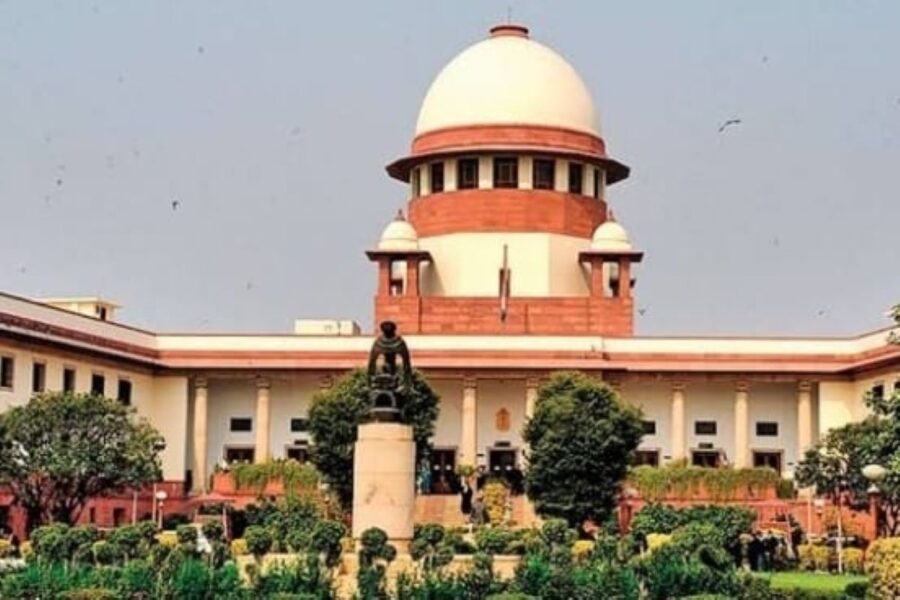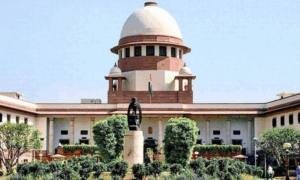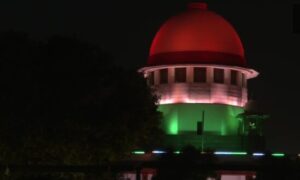
Supreme Court has rejected pleas seeking complete cross-verification of votes cast using EVMs with a Voter Verifiable Paper Audit Trail (VVPAT) and said “blindly distrusting” any aspect of the system can breed unwarranted scepticism.
According to PTI report, Maintaining that “democracy is all about striving to build harmony and trust between all institutions”, a bench of Justices Sanjiv Khanna and Dipankar Datta delivered two concurring verdicts and dismissed all the pleas in the matter, including those seeking to go back to ballot papers in elections.
The court issued two directives. Pronouncing his verdict, Justice Khanna directed the Election Commission to seal and store units used to load symbols for 45 days after the symbols have been loaded to electronic voting machines in strong rooms.
The apex court also allowed engineers of the EVM manufacturers to verify the microcontroller of the machines after declaration of the results on the request of candidates who stood second and third.
Request for the verification of the microcontroller can be made within seven days of declaration of the results after payment of fees, the court said.
“If EVM is found tampered during verification, fees paid by the candidates will be refunded,” it said.
An EVM comprises three units — ballot unit, control unit and the VVPAT. All three are embedded with microcontrollers which have a burnt memory from the manufacturer. Currently, VVPATs are used in five booths per assembly constituency.
“While maintaining a balanced perspective is crucial in evaluating systems or institutions, blindly distrusting any aspect of the system can breed unwarranted scepticism…,” Justice Datta said.
[the_ad id=”55724″]


















